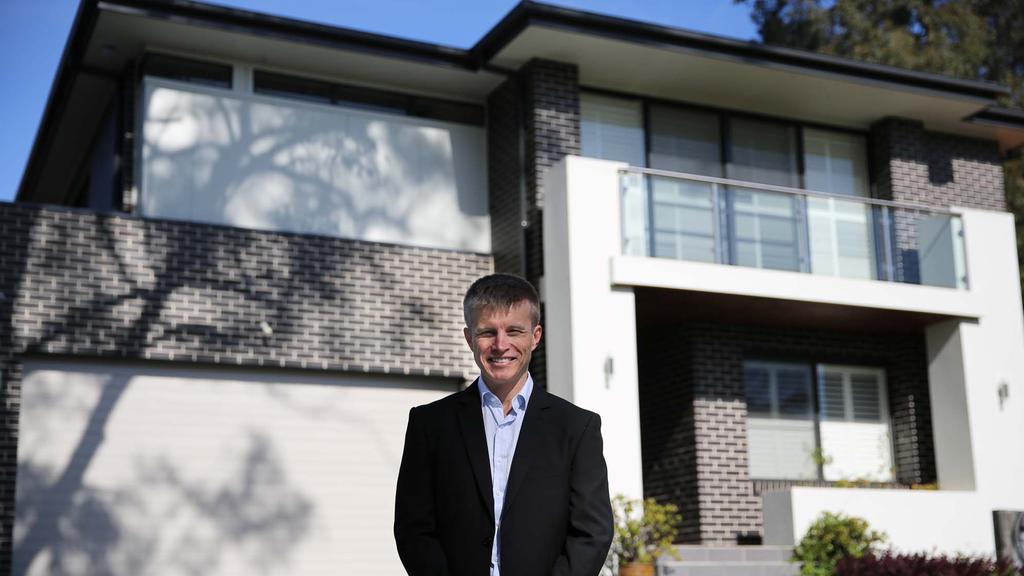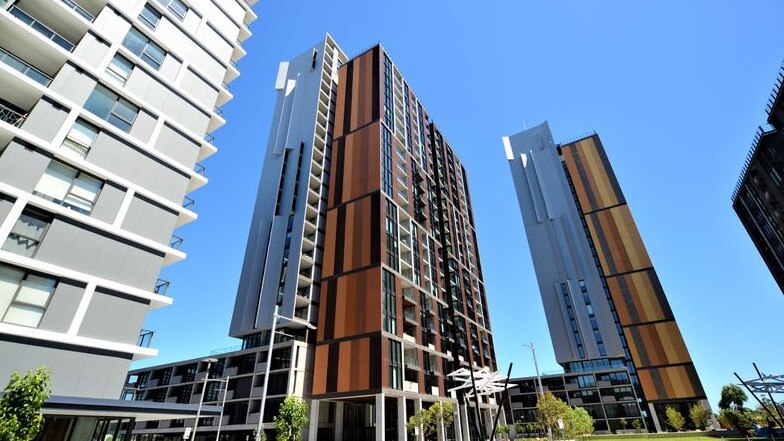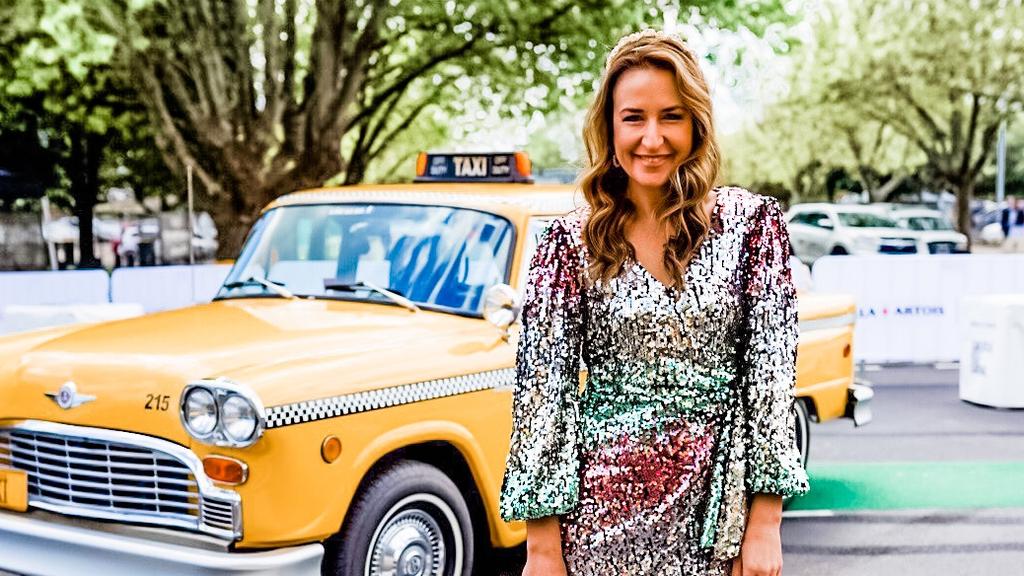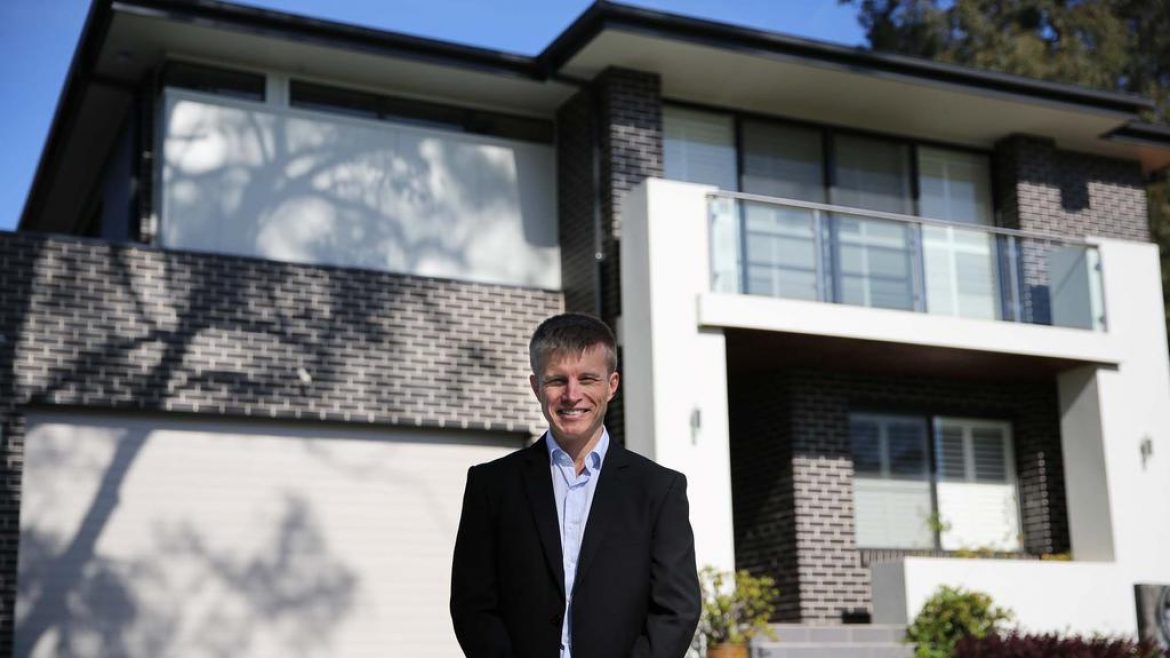
Investor Lloyd Edge has bought mutiple homes during downturns.
Buying property in the middle of a recession takes guts but those willing to make a move will find better investment opportunities compared to last year – if they’re willing to adapt their purchasing strategy, buyer’s agents revealed.
Buyer’s agent Lloyd Edge, who built up a $12m property portfolio while working as a music teacher, said “traditional” ways of buying may not be suitable for every Aussie in the current environment.
Recent economic conditions instead called for a different approach that could include a mix of purchasing regionally, joint ventures or “rentvesting” (buying investment properties while still renting).
MORE: Roosters Hooker Jake Friend lists Sydney unit
Buyers line up for house torched in arson attack
“Property markets have been resilient to the impact of COVID-19 and the current recession,” Mr Edge said. “On a personal note, I continued to invest during the last recession and other major economic downturns … so I urge savvy investors to continue on in their investment journey.”
One of the best strategies for investing during a recession was to look outside capital cities as these were often the worst hit markets during property downturns, Mr Edge said.
“Look for a town close to a prominent regional centre with a large established population, at least over 10,000 people, as they’re more likely to have several strong industries in the vicinity.
“Also, look for large scale infrastructure in the pipeline. Steer clear of ‘tourist’ hot spots as they can be seasonal and easily fall out of favour.”
Strong regional markets included Lennox Head on the NSW north coast, Caloundra, the Sunshine Coast and Newcastle suburbs Waratah and Hamilton, Mr Edge said.
Properties in some of these regions could be snapped up for under $300,000 and required upfront costs of less than $40,000.
Purchasing in regional locations could be complemented by rentvesting, Mr Edge added. “This is when you rent where you want to live and buy an investment property where you can afford to,” he said.

COVID has affected prices – units in this North Ryde building have been selling for lower than prices listed in 2015.
“Although people often believe ‘rent money is dead money’, this strategy allows for investors to enter the property market sooner, while also living their desired lifestyle.”
Investors and even first homebuyers should divert any tax returns into potential property deposits or other purchasing costs, Mr Edge said.
“The average tax refund is $2600 in Australia. If you’re a first homebuyer, this could make a considerable contribution to your deposit or pool of funds for stamp duty or legal fees.”
TV personality Tamara Wrigley has a portfolio of more than 30 properties and suggested new buyers go into purchases with a firm understanding of their budget.
“It sounds like common sense, but many still rush into purchases without fully understanding their true financial position,” she said.
“It’s vital you know what your actual living expenses are by checking bank and credit card statements so that your new home doesn’t become a new financial hardship.”

Tamara Wrigley said buyers should consult with agents.
Ms Wrigley said buyers needed to study any market before buying so they had a good understanding of comparable sales.
“Speaking to a local real estate agency is a great way to get grounded in what the market is doing as the situation can change week-by-week,” she said. “It takes knowledge and expertise to price a property, and local agents are best equipped to let you know – so don’t be shy about asking them the asking price.”
Knowing what you can spend comes down to knowing your financial position, she added. “It can impact your initial offer and negotiating power … speaking to a range of lenders and getting loan pre-approval is highly advised. Having loan pre-approval means you can negotiate with confidence and be fully prepared, knowing clearly what you can spend and what you can’t.”
The post Buyer’s agent who owns $12m worth of properties reveals how to make money in a recession appeared first on realestate.com.au.

